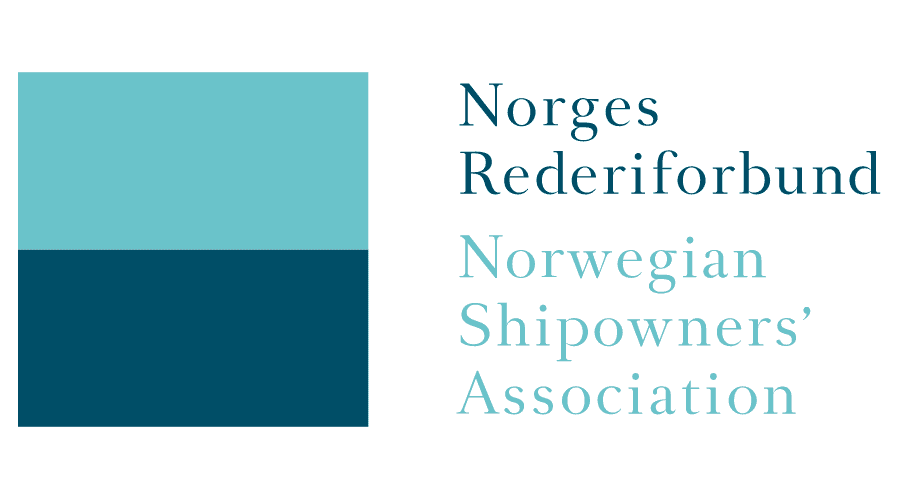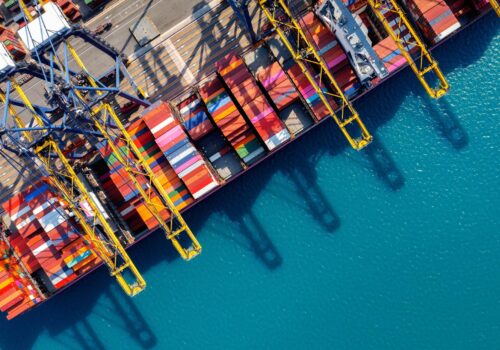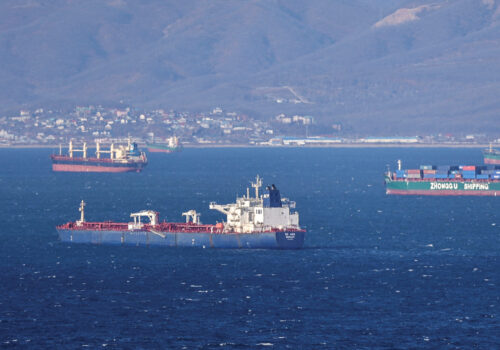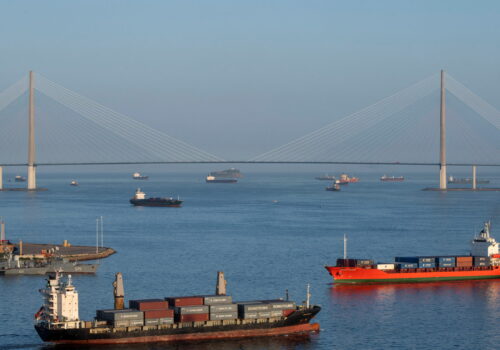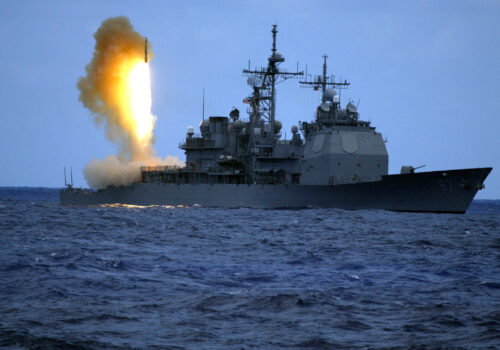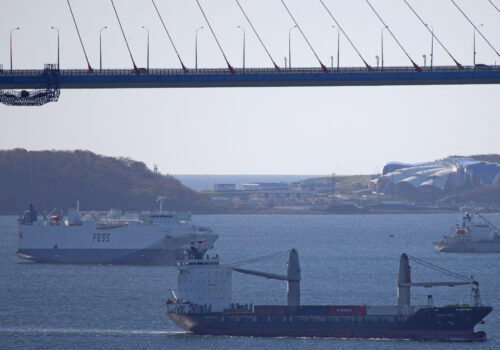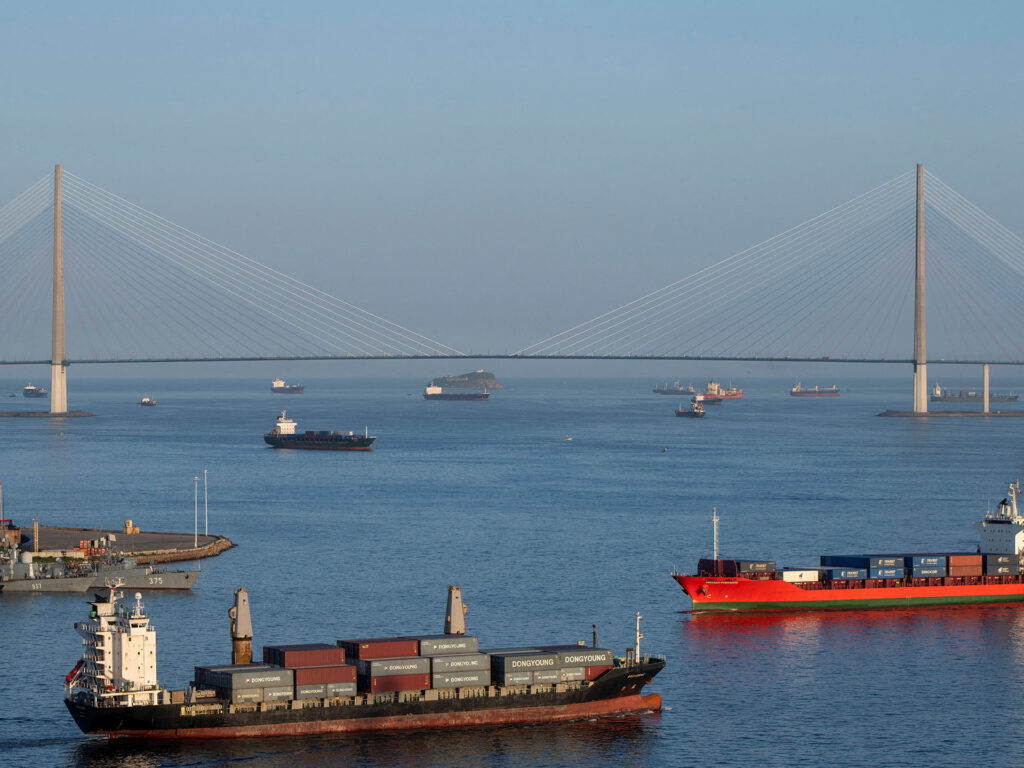Protecting the freedom of the seas
Global maritime operations range from shipping to construction of sea-based infrastructure. All of them are indispensable to the well-being of modern economies, and to function they depend on maritime rules being respected.
Yet today, the maritime order faces rapidly growing threats. The Houthis’ attacks on shipping in the Red Sea are just the latest peril. In the Strait of Hormuz, merchant vessels have been regularly attacked for several years. In the South China Sea, civilian vessels are being harassed. Since Russia’s invasion of Ukraine, the shadow fleet has grown explosively and now poses a significant risk to global shipping and the maritime environment. There’s construction of artificial islands. Since 2022, sea-based infrastructure has been sabotaged several times. Such violations of the maritime order risk making global maritime operations extremely difficult or even impossible. That, in turn, would imperil countries’ economies.
The Atlantic Council’s Threats to the global maritime order: Protecting the freedom of the seas studies the threats facing the maritime order and proposes solutions. The project, led by Senior Fellow Elisabeth Braw, produces reports, hosts private events, and functions as a hub for policymakers and maritime practitioners.
Jump ahead
“The shadow fleet forms a clear example of gray-zone aggression. As long as Russia remains under sanctions, it will continue to use the shadow fleet for trade—and for subliminal aggression against other countries.”
Primary researcher
Related content
Events
Supported by
